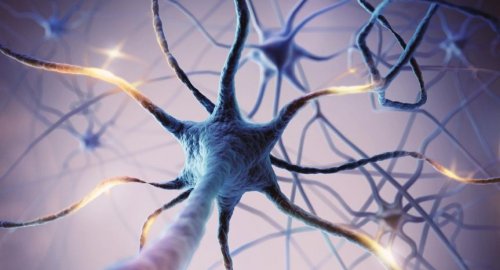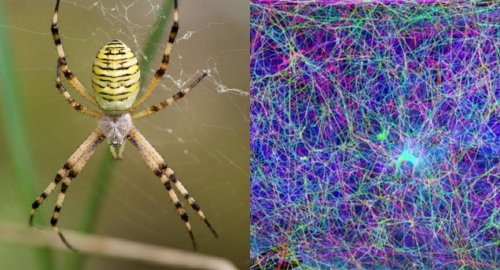
A nail-sized brain chip opens up hope for the speechless

- 12-11-2023, 09:07
INA- sources
Scientists have now crammed a huge array of tiny sensors into a space no more than a fingernail to read this complex mix of electrical signals in order to predict what sounds a person is trying to make.
China Says It 'Firmly Opposes' US Military Aid To Taiwan
- International
- 07:36
First joint picture of Greenland Ice Sheet melting, ESA
- Multimedia
- 09:28
US Central Command: We killed ISIS terrorist leader Abu Yusuf in Syria
- International
- 24/12/20
Liverpool compete with Real Madrid to sign Olympique Lyonnais star
- Security
- 24/12/19
ISC, ADX discuss Strengthening Economic Ties
- Economy
- 24/12/16
Iraq assumes presidency of Arab Investment Company’s Executive Board
- Economy
- 24/12/17












